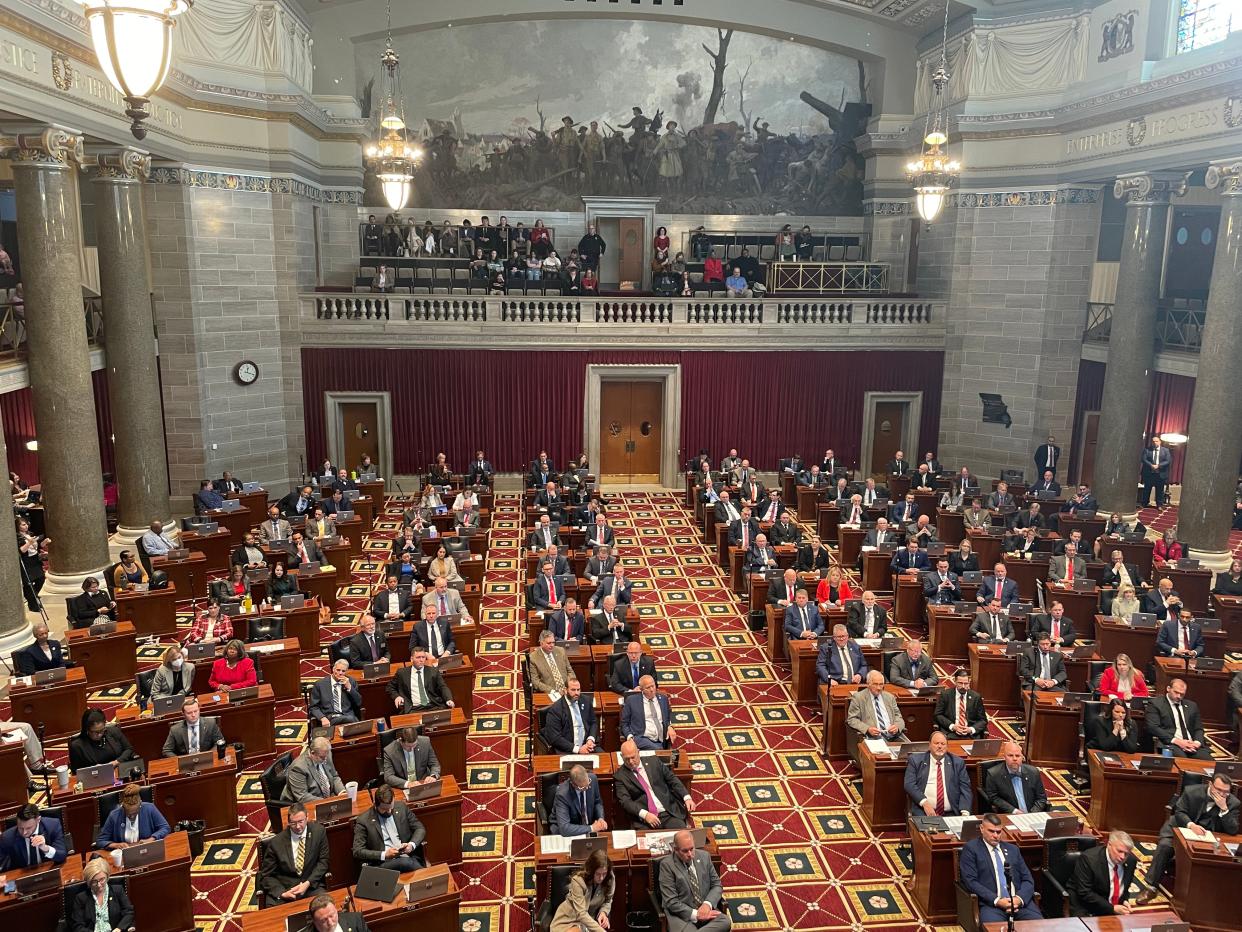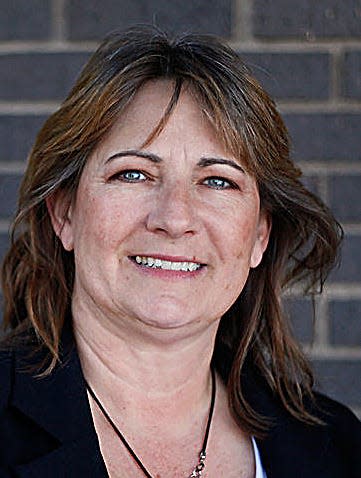MO lawmakers want to expand charter schools, with one sponsor calling it 'only a start'

The newly formed Special Committee on Education Reform devoted its inaugural meeting Wednesday to proposals aimed at making charter schools possible in more Missouri communities.
The two-hour hearing focused on a trio of bills filed in the Missouri House to permit charter schools in St. Charles County, St. Louis County and Columbia. However, there was broad discussion about opening up the entire state to charter schools, including rural areas.
The independent public schools — free from some of the rules and regulations that must be followed by traditional public schools — are allowed in Kansas City and St. Louis.
State reps. Brad Christ, a Republican from St. Louis, and Justin Hicks, a Republican from St. Charles County, framed their bills as a way to help families who want an alternative to traditional public schools.
"This is not an indictment on public schools," said Christ of House Bill 1485, which aims to allow charter schools in St. Louis county.
"This is about positive choices for children and families in a system where there is usually only one choice and that choice might not fit that student whether it be personal, ideological but most importantly, academic," Christ said.
Hicks, sponsor of House Bill 1764, wants to expand charter schools into St. Charles County. He said students need options and should not be "pigeonholed just directly into public schools."

In contrast to Christ and Hicks, state Rep. Cheri Toalson Reisch, a Republican from Hallsville, alleged issues with Columbia Public Schools prompted the need for charter schools in the city. Her proposal is House Bill 1941.
"Today we find a school district in decline," she said, pointing to test scores and the results of the state's Annual Performance Report.
Toalson Reisch referred to the district as an "asylum" more than once, and listed off a series of allegations about what is happening in the schools.
"For the last decade or more, we have a school that is more interested in DEI, CRT, 1619, white-privileged and use standardized grading, that allows kids to come to school to change their genders without their parents knowing. They allow students to act like cats and dogs, even going as far as walking on all fours, being led around by a leash, and including litter boxes. This is not fake news, it is not a lie. I have real documentation."
"These charter expansion bills, to me, are only a start. I would love to see Missouri more like Iowa, Arizona," she said. "We need to give parents and students more choices — whether that be in shape of a voucher or more open enrollment than even what we are considering this year."
State Rep. Phil Christofanelli, a Republican from St. Peters, asked the three sponsors if parents in districts they represent are looking for schools that align with their values.
All three said that was a component of the push to expand charter schools, along with providing an option for families that cannot afford to enroll in private or parochial schools.
"I get calls from constituents all the time saying how they are fed up with the public schools and want options for their kids," Hicks said. "Charter schools are one of those pathways."
State Rep. Kevin Windham, a Democrat from Hillsdale in St. Louis County, asked the sponsors if they would support the creation of charter schools that aligned with parents' left-learning values. He used kids wearing leashes and crawling around as an example.
The issue of "furries" is a widely debunked myth circulating nationally about children dressing up as animals, going to school, saying they identify as an animal and asking for litter boxes.
Toalson Reisch said no. "These kids are out of control. The administration is out of control. The school board is out of control. The only thing I can say is doing overall well are the teachers. I support the teachers but there are bad teachers too. A lot of it goes back to the NEA and their ideology."
Windham asked if sponsors would support a charter school that focused on the African-American experience, and interjected elements of the 1619 Project — which examined the history of slavery in the U.S. and takes a critical view of many historical figures and events.
Toalson Reisch said "There needs to be history taught," and Windham asked her to clarify if that was a yes or a no.
She responded: "I don't think the 1619 Project, specifically, should be taught, no."
The committee heard from supporters and opponents of the charter school expansion bills.

Gail Griswold, president of the Camdenton school board, testified in opposition to the proposals. She is also a lobbyist with ArmorVine, a group that promotes Christian principles of freedom and liberty.
In her testimony, she attempted to contradict some of the reasons why proponents support charter schools. For example, she said the argument that charter schools create healthy competition is false.
She noted charter schools receive state funding but are free of many rules imposed by the Missouri Department of Elementary and Secondary Education, or DESE, on traditional public schools.
"Public schools have DESE's boot on their neck and charter schools do not," she said.
Griswold said state statute does not prohibit charter schools from embracing some of the elements that parents are trying to escape in traditional options, including an emphasis on diversity, equity and inclusion.
She added that charter schools are an added expense. "From an efficiency standpoint, how many schools does this state need to fund? These will be state-funded schools."
Noah Devine, executive director of the Missouri Charter Public School Association, said parents should have options for schooling that are not dependent on their address.
"I would argue that charter schools are, in fact, more accountable than traditional neighborhood schools because they can close," Devine said. "There is only one type of school in our state that goes before the state Board of Education every five years to see if it can stay open."
This article originally appeared on Springfield News-Leader: MO lawmakers want charter schools in Columbia, greater St. Louis

